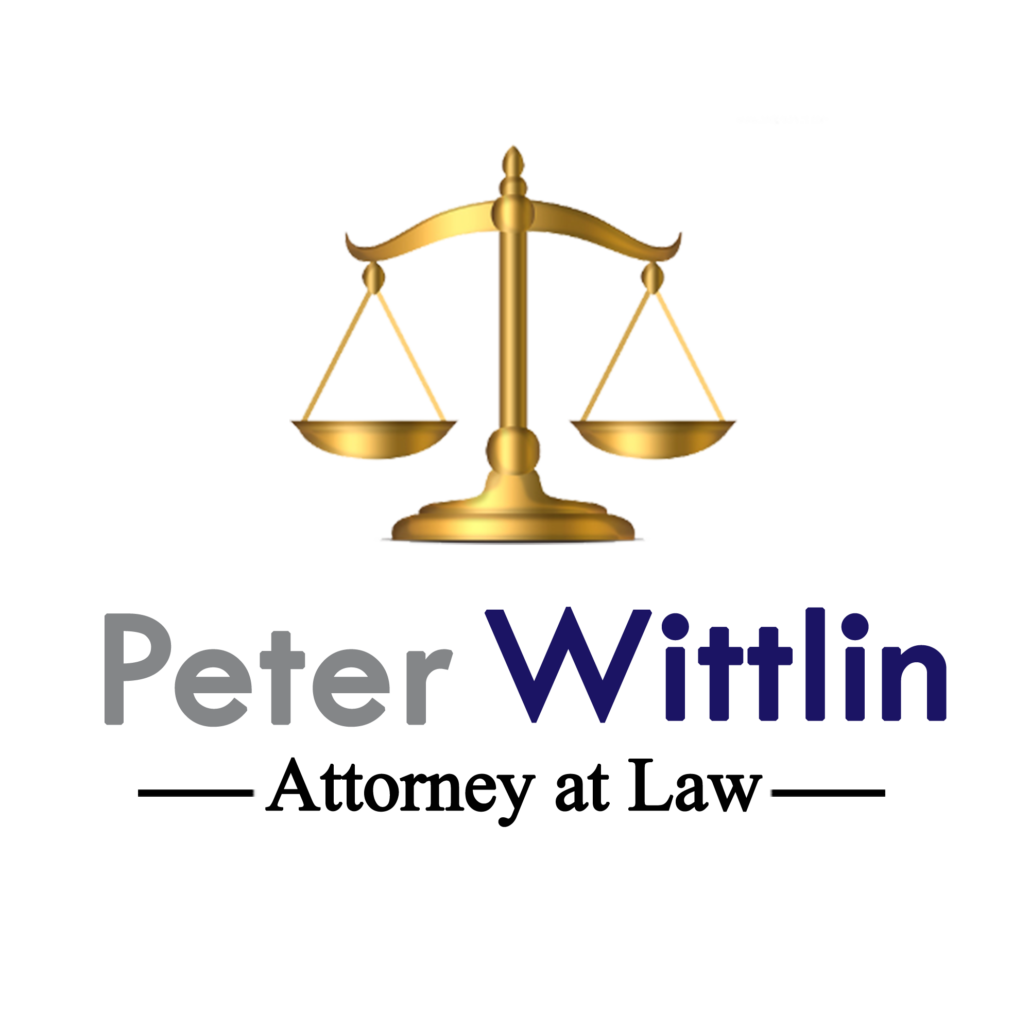Q&A with Lawyer Pete: Overburdening Easement
June 16th, 2021
Q: Let us say that there is an underground electrical utility easement across the rear of your residence that is used by the city. While the easement may have never bothered you before, suddenly the city decides to expand its use by installing an above-ground meter that hums loudly, thereby interrupting the quiet enjoyment of your home. What steps can you take against the city to alleviate the burdensome expansion of its easement?
A: The user of a legally acquired easement is not permitted by law to expand its use beyond what is necessarily and reasonably measured from the time it acquired the easement. Under the law, doing so is known as “overburdening an easement.”
While the party using the easement is known as the “dominant tenement,” the party that owns the land on which the easement is located is known as the “servient tenement”. When a dominant tenement overburdens an easement without the consent of the servient tenement by means of either expanding its size, creating bothersome noise, frequent entering of the land to now operate its expanded use, or any way uses the easement in a way that interferes with the servient tenement’s quiet enjoyment of his or her home, an aggrieved homeowner may seek administrative recourse against the city.
It is important to note that the servient tenement must seek administrative recourse against the city before entertaining an action in court to enjoin overburdened use of the easement. Doing so is known as “exhausting one’s administrative remedies” before filing suit for injunctive relief or damages. Also, before any suit is filed for damages, the homeowner may need to file a special proof of claim form with the city and wait for a six-month period before being able to sue for damages.
In negotiating an effective remedy against the city for overburdening its easement on your property, it is important to use legal counsel familiar with these abatement rules. Impermissibly starting may result in a frustrating stopping and time-consuming redo.
Disclaimer: This article is for general legal education only, and should not be applied to any real-life situation without the advice of independent, qualified legal counsel.
—
About the Author: Attorney Pete Wittlin, is a 38-year southern California real estate law litigator and counselor, who may be reached at his law office in Irvine, California, at telephone (949) 430-6366. Pete is the 36-year Editor of the “Real Estate Law Update,” which he writes monthly for the 300+ members of the OCBA’s Real Estate Law Section, summarizing important real estate appellate case decisions, and annually legislative developments. He is also the section’s annual April guest speaker on the year’s “Top 10 Real Estate Law Decisions,” and is a former educator and frequent public speaker to area brokerage firms on topics of legal interest to their members. He may be also be reached at pwittlin@gmail.com.
